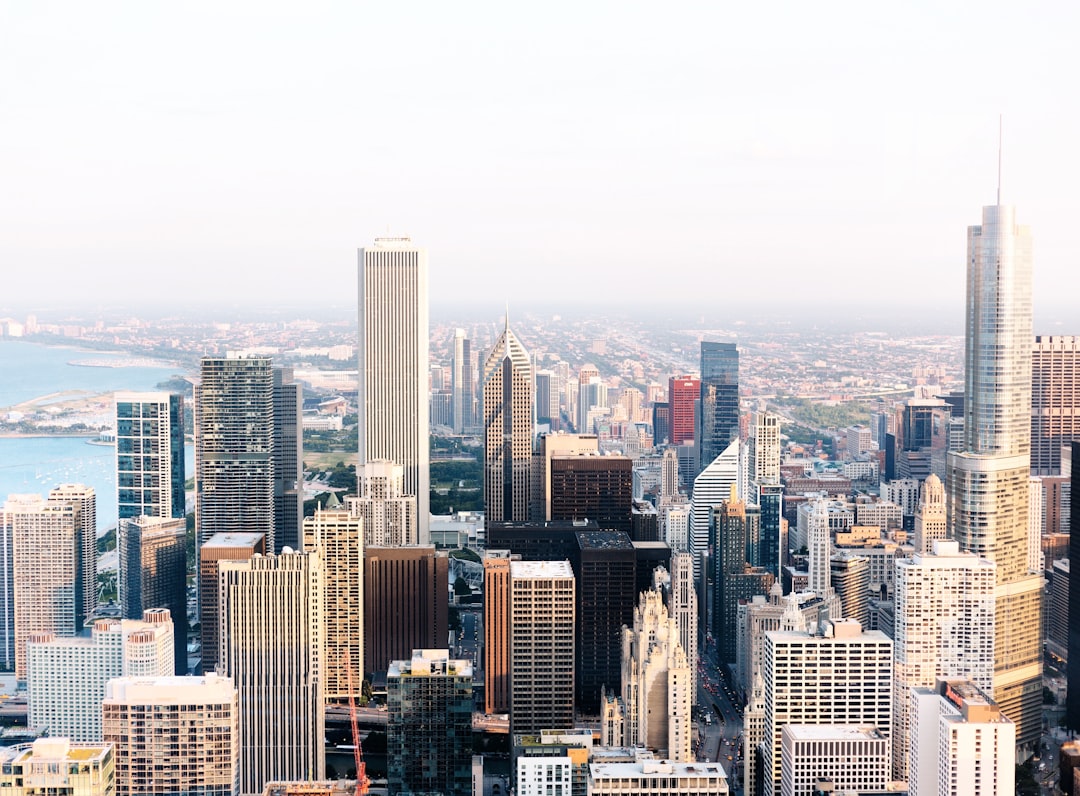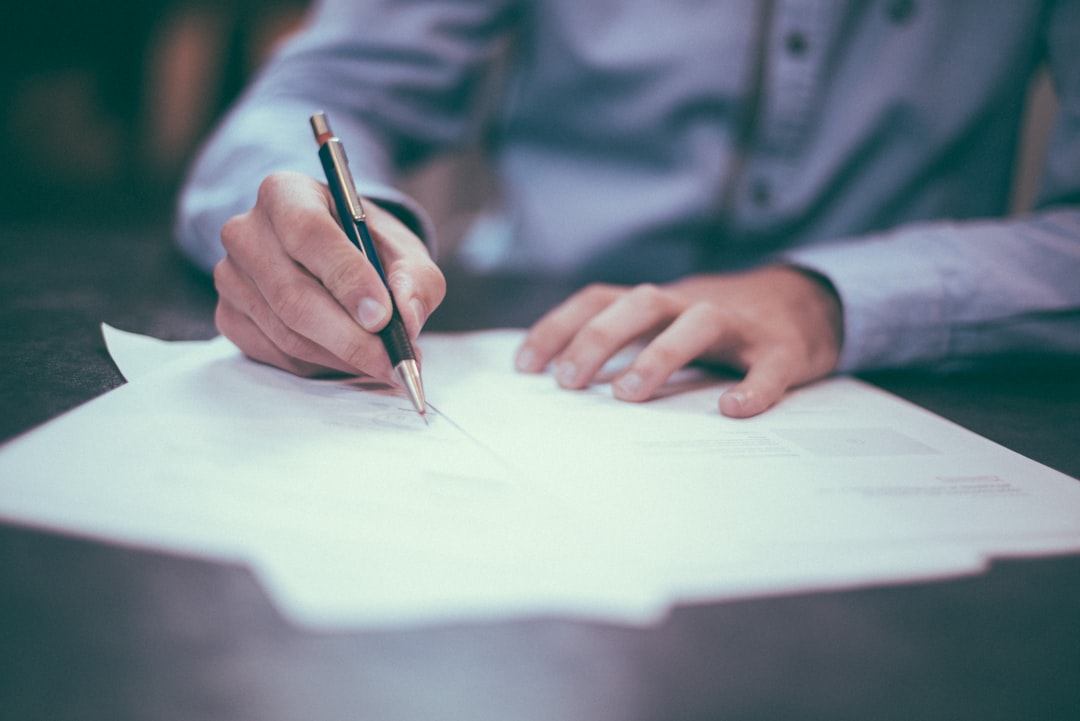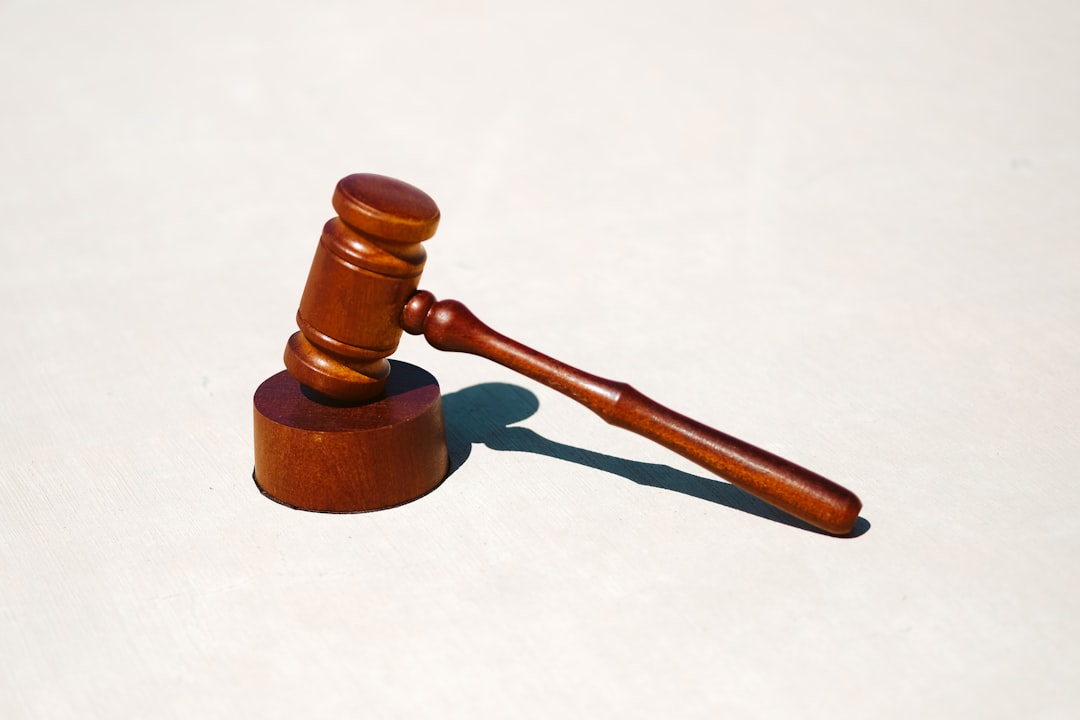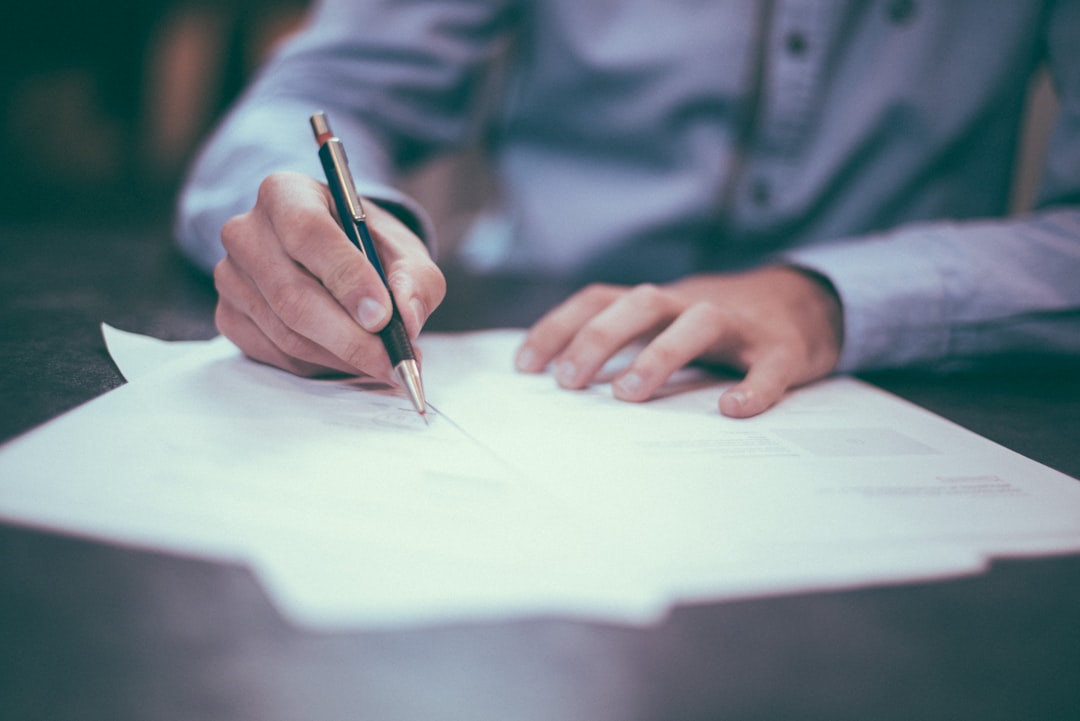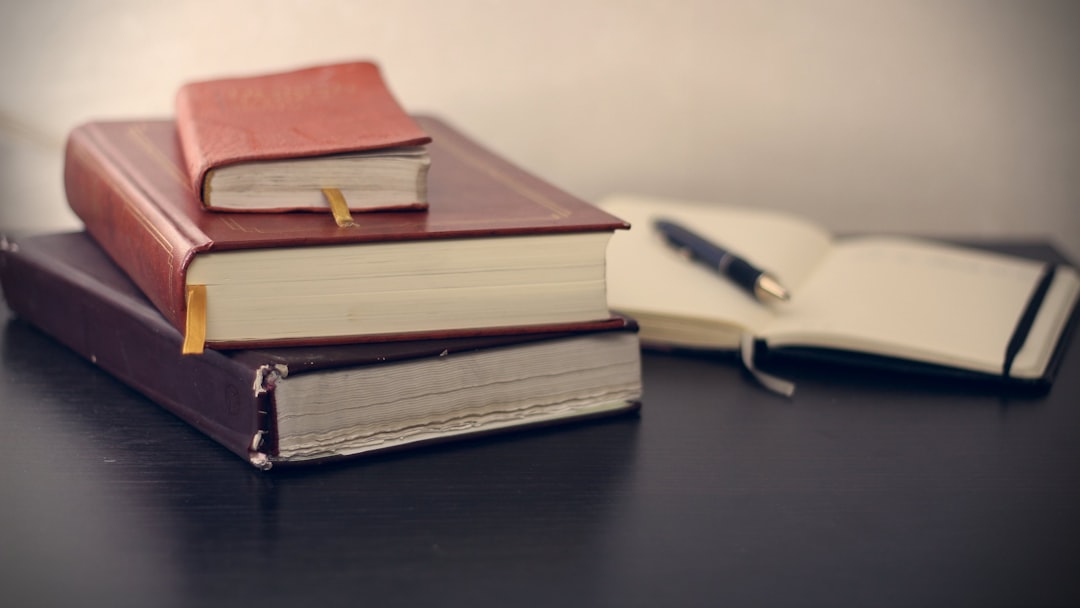Skokie, Illinois, offers a robust legal environment for addressing educational institution-related abuse cases, with its local framework and child protection laws influencing the handling of such cases. School abuse attorneys in Illinois leverage their expertise to advocate for clients' rights, promoting justice and safer learning environments. Recent reforms have empowered survivors and hold institutions accountable. These attorneys use innovative strategies, collaborate with specialists, and interpret laws to support victims and set precedents for enhanced student safety across the state.
“In the realm of legal advocacy, the emerging theories in Skokie abuse litigation are reshaping how we address and prevent institutional misconduct. This article delves into the intricate legal landscape of Skokie, examining evolving theories in school abuse cases and the crucial role of Illinois legislation. We explore the strategies employed by school abuse attorneys and present recent case studies, highlighting the impact on holding educational institutions accountable in Illinois.”
Understanding Skokie's Legal Landscape: A Foundation for Abuse Litigation

Skokie, a vibrant community in Illinois, presents a unique legal landscape when it comes to addressing issues of abuse, particularly within educational institutions. The local legal framework serves as a crucial foundation for school abuse attorneys navigating cases involving allegations of misconduct and harm against students. Understanding this context is essential for anyone delving into Skokie’s abuse litigation arena.
The legal theories and precedents set in Illinois have significantly shaped how such cases are handled, ensuring that victims receive justice and accountability from the perpetrators. With a strong focus on child protection laws and educational institutions’ legal obligations, school abuse attorneys in Skokie are well-positioned to advocate for their clients’ rights. This knowledge of local legislation empowers lawyers to navigate the complex web of regulations, ultimately fostering a safer environment for students across the region.
Evolving Theories in School Abuse Cases: A Comprehensive Review
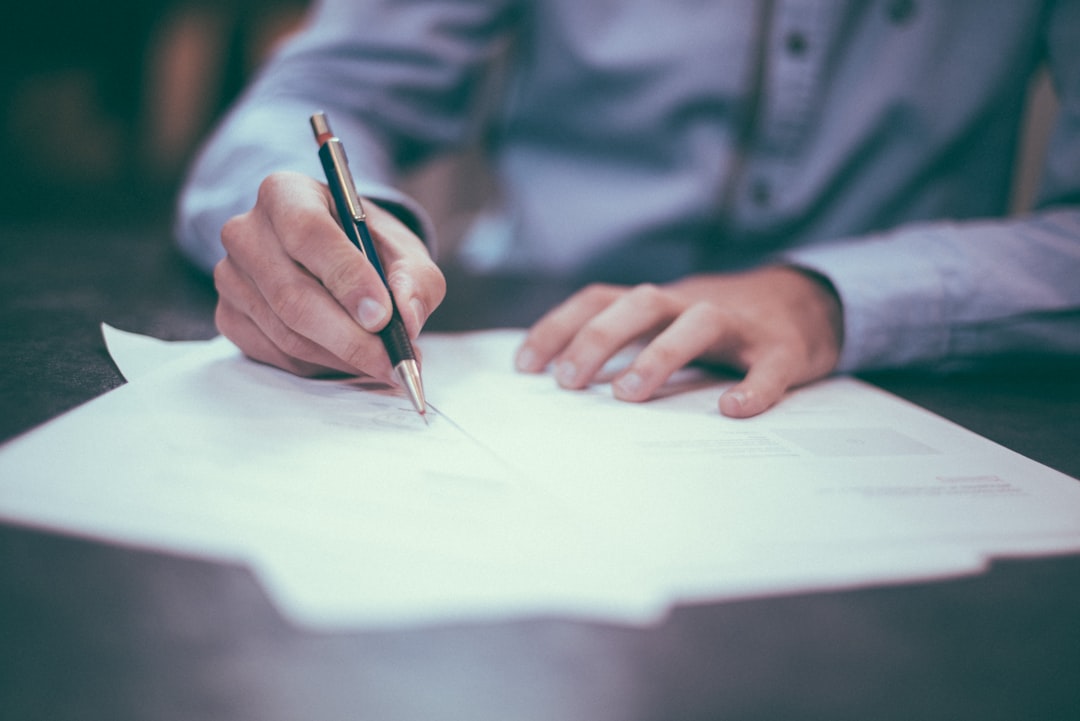
In recent years, the landscape of legal theories in school abuse cases has undergone a metamorphosis, driven by a growing awareness and proactive approach to addressing historical and contemporary instances of abuse within educational institutions. As renowned school abuse attorneys in Illinois have noted, this evolution reflects a broader societal shift towards holding institutions accountable for protecting vulnerable students. New theories are emerging that expand the scope of legal recourse beyond traditional avenues, emphasizing prevention, early intervention, and comprehensive support systems.
These evolving theories encourage a holistic examination of school abuse, encompassing physical, emotional, and psychological harm. Legal strategists are increasingly advocating for robust policies and procedures that promote transparency, staff training, and student-centered approaches to discipline. By examining the intricate web of factors contributing to abuse—from systemic failures to individual negligence—attorneys can build stronger cases and secure justice for victims. This comprehensive review underscores the importance of staying abreast with emerging legal trends in school abuse litigation to ensure effective representation and a safer educational environment.
Illinois Legislation and Its Impact on Holding Institutions Accountable

In recent years, Illinois has witnessed a significant shift in legislation aimed at addressing historical and ongoing instances of school abuse. These new laws have empowered victims to seek justice and held educational institutions accountable for their role in protecting students. Key pieces of legislation, such as those increasing the statute of limitations and mandating comprehensive reporting, have opened doors for school abuse attorneys Illinois to advocate on behalf of survivors.
The impact of these legal reforms extends beyond individual cases, fostering a culture where institutions are encouraged to prioritize student safety. This shift in accountability has led to more transparent practices and better support systems for victims, contributing to a safer learning environment across the state.
The Role of School Abuse Attorneys: Strategies and Expertise
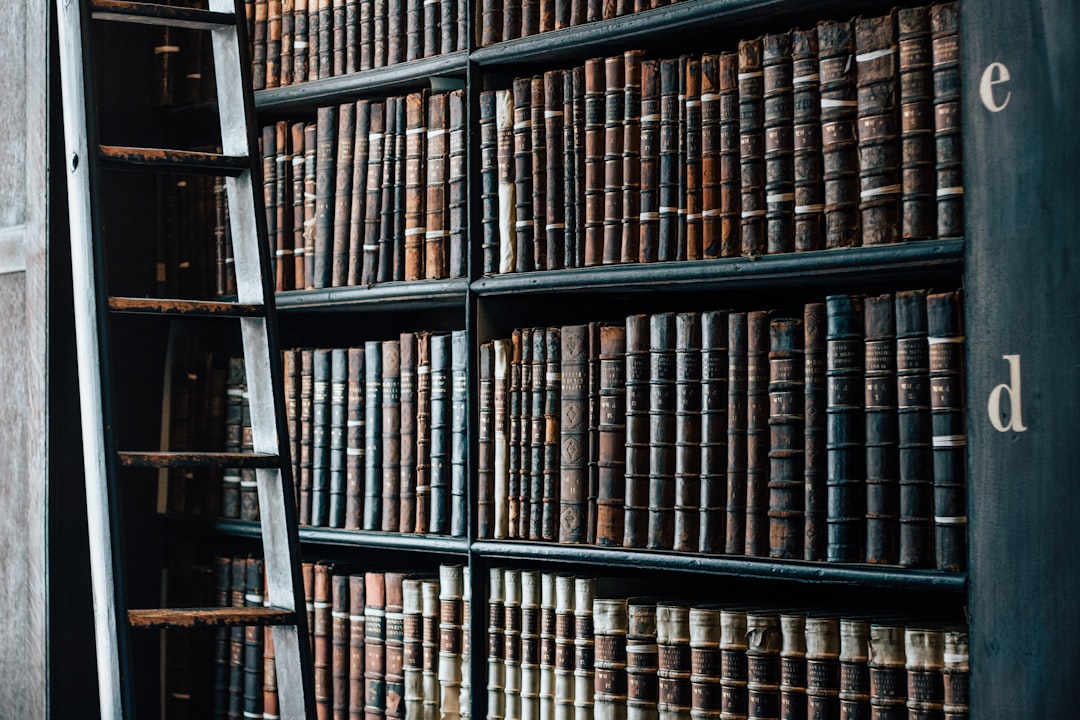
In the complex landscape of Skokie abuse litigation, school abuse attorneys in Illinois play a pivotal role, offering both strategic guidance and profound expertise. These legal professionals are equipped to navigate the intricate web of state laws, local regulations, and unique circumstances surrounding educational institutions. Their primary objective is to ensure justice for victims, holding accountable those responsible for institutional abuse or negligence.
School abuse attorneys employ diverse strategies, leveraging their in-depth knowledge of child protection laws, educational policies, and evidence-based practices. They meticulously gather and analyze relevant information, including academic records, medical reports, and witness testimonies, to construct compelling cases. Moreover, these attorneys often collaborate with other experts, such as psychologists or education specialists, to provide comprehensive support for victims and their families, ultimately fostering a safer and more accountable educational environment in Skokie and beyond.
Case Studies: Exploring Recent Developments in Skokie Abuse Litigation

In recent years, Skokie has seen a surge in cases involving school abuse, prompting a closer examination of emerging legal theories. Case studies highlight the evolving landscape of litigation, where survivors are seeking justice and accountability. These developments have been driven, in part, by the tireless efforts of school abuse attorneys in Illinois who specialize in navigating complex legal systems to support victims.
Attorneys are leveraging innovative strategies, such as collective actions and novel interpretations of existing laws, to hold educational institutions and staff responsible for historical and ongoing instances of abuse. The outcomes of these cases not only provide compensation for survivors but also set precedents that could shape future litigation, potentially deterring similar incidents and fostering safer learning environments across the state.
